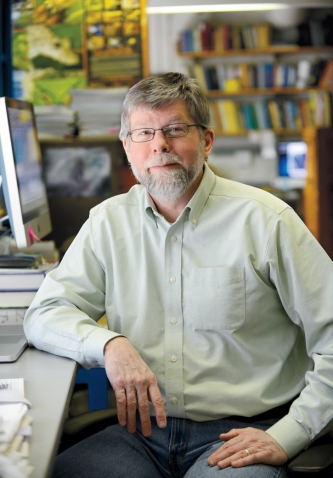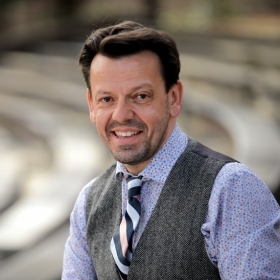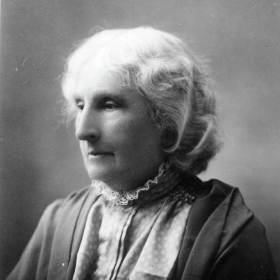In his research, Nicholas Rodenhouse, Frost Professor in Environmental Science and professor of biological sciences, focuses on how climate change is affecting migratory songbirds. He has been monitoring black-throated blue warblers (Setophaga caerulescens) in New Hampshire’s White Mountains. “I love to be out-of-doors exploring nature,” Rodenhouse writes. But at home, he loves to pursue his hobby of restoring classic speakers, which he often finds on Craigslist.
How did you become an audiophile?
I have loved the sounds of music since I was a child. I remember sitting under the piano as my mother played because the sound made me smile. I enjoyed the classical music my father played Sunday afternoons, even though our home stereo was made from a Heathkit. Later, I marveled at the range and power of the organ in European cathedrals, and the dance and balance of tones in chamber music played in small venues. I bought my first stereo at an Army PX in Germany.
How do you know when you’ve found a real gem to restore?
For me, a gem in the rough has a real walnut veneer, and outstanding design, drivers, and crossover.
What does the restoration process involve? How long does it take?
From top to bottom, the wooden case must be restored, surrounds on the drivers replaced, crossover parts upgraded, and the speaker’s performance tested. Each set presents unique challenges. It usually takes months, because I only go to the shop when I start to fall asleep reading science. I work in the shop for an hour or so a few nights a week, but only when not facing other deadlines.
Is there any connection between your interest in speakers and your research on songbirds?
I began buying better audio equipment when I noticed that I couldn’t hear the songs of birds like my student assistants. Early-onset hearing loss runs in my family, and I spent much of my youth damaging my ears. I’m enjoying good sound now while I still can.
What music do you enjoy playing on your speakers?
The piano, clarinet, and vibes are my favorite instruments, so I listen to jazz and classical music primarily. But working out, I need something like “Neutron Dance” by the Pointer Sisters.








We ask that those who engage in Wellesley magazine's online community act with honesty, integrity, and respect. (Remember the honor code, alums?) We reserve the right to remove comments by impersonators or comments that are not civil and relevant to the subject at hand. By posting here, you are permitting Wellesley magazine to edit and republish your comment in all media. Please remember that all posts are public.